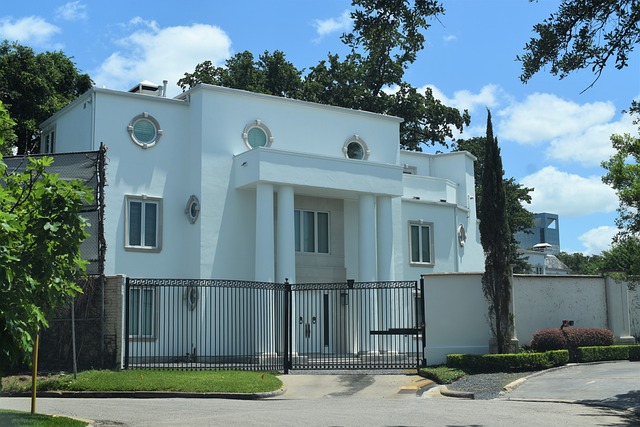Investing in real estate offers numerous opportunities for growth and diversification by delaware statutory trust 1031. However, navigating the complexities of tax-deferred exchanges can be daunting. Enter the Delaware Statutory Trust (DST), a vehicle increasingly utilized in 1031 exchanges due to its flexibility and advantageous features.
A DST is a legal entity established under Delaware state law, allowing multiple investors to own fractional interests in real estate without the complexities of direct ownership. In a 1031 exchange, a DST serves as a replacement property, enabling investors to defer capital gains taxes by reinvesting proceeds from the sale of a property into another like-kind investment.
One of the primary advantages of utilizing a DST in a 1031 exchange is the ability to facilitate a diversified portfolio. Through a DST, investors can access high-quality, institutional-grade properties across various sectors such as multifamily housing, commercial real estate, or healthcare facilities. This diversification minimizes risk by spreading investments across multiple assets, potentially enhancing long-term stability and income generation.
Moreover, DSTs offer passive ownership, relieving investors of the responsibilities associated with property management. Professional asset managers handle day-to-day operations, including property maintenance, tenant relations, and regulatory compliance. This passive approach allows investors to enjoy the benefits of real estate ownership without the burdens of active management.
The flexibility of DSTs is another appealing aspect. Investors can participate in a DST with a relatively lower investment threshold compared to direct property ownership. Fractional ownership allows individuals to invest in high-value properties that might otherwise be financially inaccessible on an individual basis.
Furthermore, DSTs comply with the strict regulations set forth by the Internal Revenue Service (IRS) for 1031 exchanges. Adhering to these guidelines is crucial to ensure the tax-deferred status of the exchange. Therefore, working with experienced professionals well-versed in DST structures and 1031 exchange regulations is essential to navigate this process effectively.
However, it’s crucial to note that while DSTs offer several advantages, they also come with considerations. Liquidity can be limited as DST interests typically cannot be freely sold or transferred. Investors must carefully evaluate their investment horizon and liquidity needs before committing to a DST.
Additionally, DST investments involve risks associated with real estate, such as market fluctuations, tenant turnover, or unforeseen expenses. Conducting thorough due diligence and understanding the specific offering memorandum provided by the DST sponsor is imperative to grasp the risks associated with each investment.
In conclusion, Delaware Statutory Trusts present an appealing option for investors seeking to defer capital gains taxes through 1031 exchanges while accessing diversified, professionally managed real estate portfolios. However, due diligence, professional guidance, and a clear understanding of both the benefits and limitations of DST investments are crucial before making any investment decisions in this realm.


